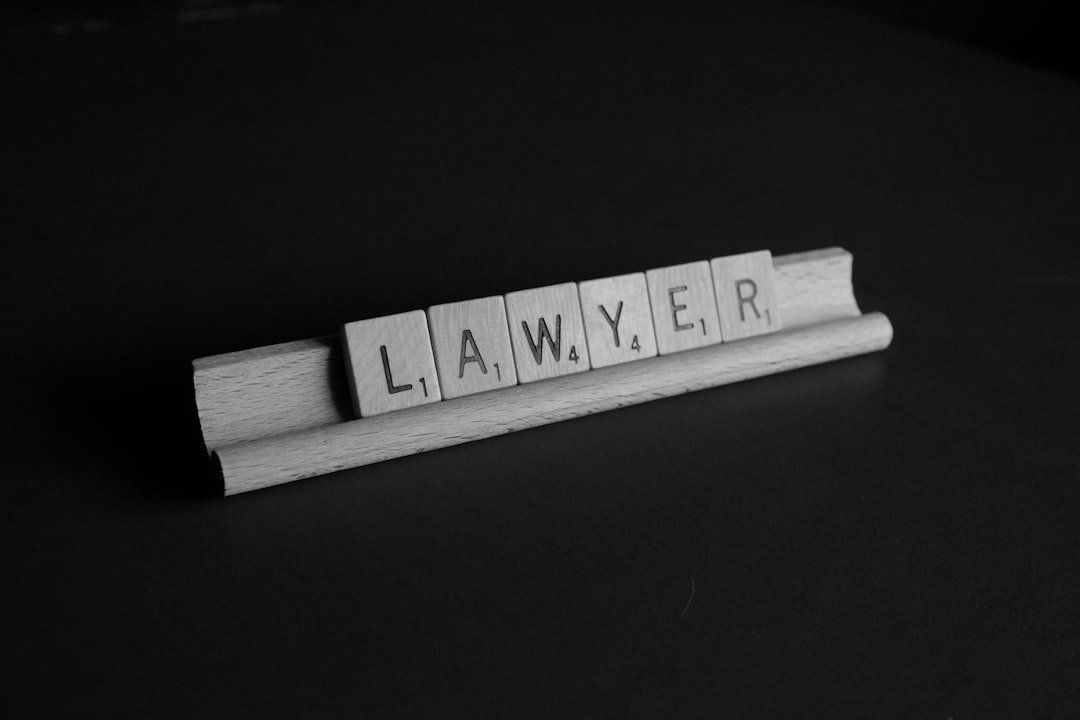Understanding Idaho's debt collection laws is crucial for both debtors and creditors. Debtors have the right to dispute debts and request verification, while collectors must adhere to specific rules, avoiding abusive practices. Seeking a lawyer specializing in Idaho's debt collector laws can greatly benefit those in disputes, ensuring rights are protected and fair resolutions achieved. In case of persistent or aggressive collection efforts, hiring such a lawyer is essential to protect against violations of the Fair Debt Collection Practices Act (FDCPA).
“In Idaho, understanding your rights within the debt collection dispute process is crucial. This comprehensive guide delves into the intricate details of Idaho’s debt collection laws and how they protect consumers. From recognizing unfair practices to knowing when to take action, this article equips you with essential knowledge. Learn the step-by-step process of disputing debts and discover signs indicating the need for legal intervention. Moreover, explore the benefits of hiring a lawyer specialized in Idaho’s debt collector laws to ensure your rights are safeguarded.”
Understanding Idaho Debt Collection Laws and Your Rights

Understanding Idaho’s debt collection laws is crucial for both debtors and creditors. The state has established guidelines to protect consumers’ rights while ensuring fair practices from collectors. As per Idaho law, debt collectors must adhere to specific rules when attempting to recover outstanding debts. They are prohibited from using abusive, unfair, or deceptive methods, such as harassment, threats, or false statements about the debt’s status. Debtors have the right to dispute the validity or amount of the debt and request verification from the collector.
If you find yourself in a debt collection dispute, considering hiring a lawyer for debt collector laws in Idaho can be beneficial. Legal counsel specialized in this field can help navigate the complex regulations and ensure your rights are protected throughout the process. They can provide guidance on negotiating with collectors, filing official disputes, and even representing you in court if necessary. Understanding your options and legal standing is essential to effectively managing a debt collection dispute.
Navigating the Dispute Process: What to Expect

Navigating the dispute process with a debt collector in Idaho can seem daunting, but understanding what to expect is crucial. The first step involves reviewing your account details and gathering all necessary documentation. This includes contracts, payment records, and any communication with the creditor or collection agency. Once you’re prepared, you can initiate the dispute by submitting a written request to the debt collector, clearly stating the reasons for your disagreement.
In Idaho, both creditors and debtors have rights during this process. A lawyer for a debt collector in Idaho can guide their client through these rights and responsibilities, ensuring compliance with state laws. Conversely, an individual facing collection efforts should consider consulting with a legal professional who can advocate on their behalf, protecting their consumer rights and helping to resolve the dispute fairly.
When to Hire a Lawyer for Debt Collector Issues in Idaho

If you’re facing persistent or aggressive debt collection efforts in Idaho, it’s crucial to consider hiring a lawyer specializing in debt collector laws in Idaho. While many debt collection issues can be resolved through direct communication with the collector, certain circumstances warrant professional legal intervention. A qualified attorney can protect your rights under Idaho law, ensuring that debt collectors adhere to fair and ethical practices.
In Idaho, debt collectors must comply with the state’s Fair Debt Collection Practices Act (FDCPA), which provides borrowers with specific protections. If you believe a collector has violated these rights, such as through harassing calls, false representations, or unauthorized disclosure of personal information, consulting a lawyer is essential. They can help navigate the complex legal landscape, negotiate on your behalf, and take appropriate action to resolve the dispute effectively.






